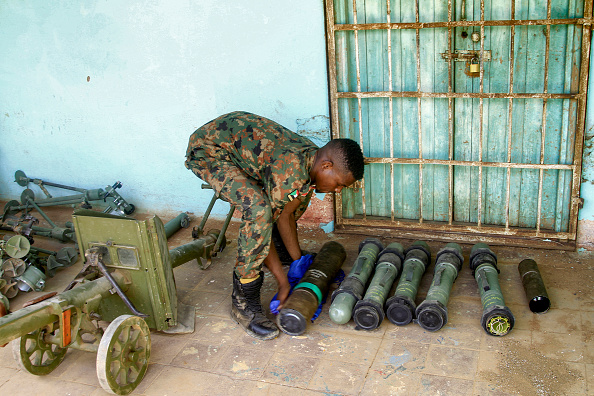Sudan’s paramilitary Rapid Support Forces (RSF) have announced their acceptance of a US-proposed humanitarian ceasefire, raising cautious hopes for relief in a nation ravaged by 18 months of brutal civil war. The Sudanese military-led government, however, has yet to respond to the proposal.
The ceasefire call comes shortly after the RSF captured el-Fasher, the last major city in western Darfur under government control. The group’s siege had blocked humanitarian aid for months, leading to widespread famine and the deaths of countless civilians. A UN-backed hunger monitor recently confirmed famine conditions in the city, describing the situation as catastrophic.
The RSF, facing international condemnation over alleged mass killings, admitted that “violations” occurred and claimed to have arrested some responsible fighters. Its latest statement expressed readiness to allow the urgent delivery of aid and to engage in talks for a lasting peace that “addresses the root causes of the conflict.”
The United States, along with Saudi Arabia, Egypt, and the United Arab Emirates, had earlier proposed a three-month truce to be followed by a transition to civilian rule. While the RSF has endorsed this plan, Sudan’s government remains firm on its stance that it will not negotiate unless the RSF is dismantled and its leader held accountable.
Meanwhile, the humanitarian situation in Sudan continues to deteriorate. Over 24 million people face acute food shortages, and more than 60,000 residents have fled el-Fasher following reports of executions and torture by RSF fighters. Local aid networks, including community kitchens run by Islamic Relief, are nearing collapse due to exhaustion and shortages.
As the UN prepares to convene an urgent Human Rights Council session on November 14 to address atrocities in el-Fasher, the world watches closely to see whether Sudan’s warring factions will finally commit to ending a conflict that has created the world’s largest humanitarian crisis.

